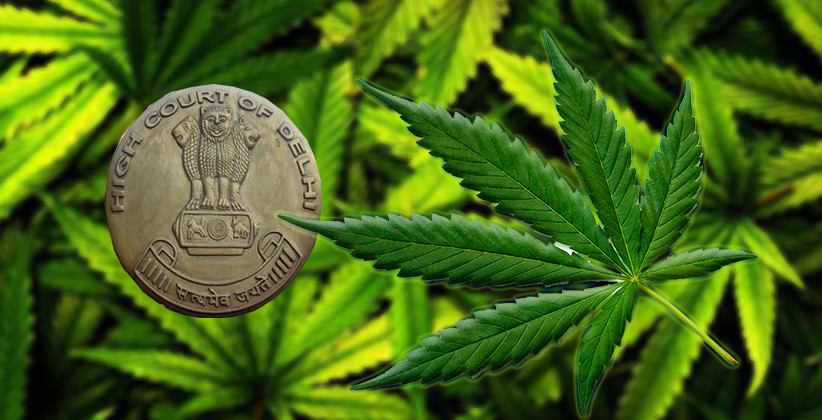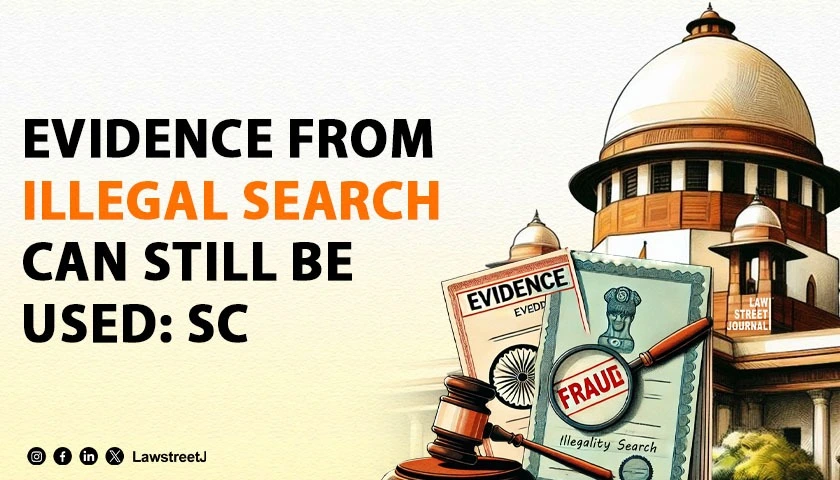A petition has been filed before the Delhi High Court seeking the decriminalization of the use of cannabis in India.
The petition filed by Great Legislation India Movement Trust has challenged the provisions of the Narcotic Drugs and Psychotropic Substances Act, 1985, and Narcotic Drugs and Psychotropic Substances Rules, 1985, which prohibits and criminalize the use of cannabis or industrial hemp and prescribe restrictions on activities related to it.
In its petition filed through Advocates Avinash K. Sharma and Ashutosh Nagar, the petitioner has clarified that it is not seeking to completely de-regulate the use of the drug. However, any regulation should be consistent with the requirement of "reasonable restriction".
The petitioners contention is that treatment of cannabis at par with harmful and lethal chemicals is arbitrary, unscientific and unreasonable.
Relying on various scientific research papers and reports, the petitioner has highlighted the medicinal properties of cannabis.
It is submitted, ...medicinal use of Cannabis can help to reduce the acute health crisis, which the country is currently facing.. (It) is useful in prevention of Cancer and brings relief to the patients who are affected with HIV. The level of relief, which this plant can bring, would become evident from the fact that on an average eight lakh people die from cancer every year. Further, about 82,000 cases of HIV infection are reported every year.
It is also claimed that cannabis is an effective analgesic and helps with chronic pain, improving the motor disability scores of persons suffering from Parkinson disease etc.
The petitioner also elaborated upon the industrial uses of cannabis. It states, "Industrial hemp (Cannabis) is an agricultural commodity that is cultivated for use in the production of a wide range of products, including fiberboards and furniture, foods and beverages, cosmetics and personal care products, nutritional supplements, fabrics and textiles, yarns and spun fibers, paper, construction and insulation materials, bio-plastics, bio-fuels, graphene technology and other manufactured goods. Had there been no prohibition on the cultivation of industrial cannabis the farmers can immensely benefit from the cultivation of Cannabis."
The petitioner thus asserts that the Narcotic Drugs and Psychotropic Substances Act, 1985, was passed without taking into consideration the positive aspects of the herb and the history of its usage in India.
The issues addressed by the members of Parliament were predominantly restricted to the problem of illicit drug trafficking and drug addiction among the youth, the plea argues.
It is also asserted that the international instruments, existing before and after the Act of 1985, did not prescribe criminalization of the use of cannabis.
It is also remarked that it is "unfathomable" that the government is running bhang shops in the country while cannabis is banned considering the fact that the content of both is the same.
Based on the above grounds, the petitioner pleads that various Sections of the NDPS Act are in violation of Articles 14, 19, 21, 25 and 29 of the Constitution of India.
The matter will be taken up on July 29, 2019.









